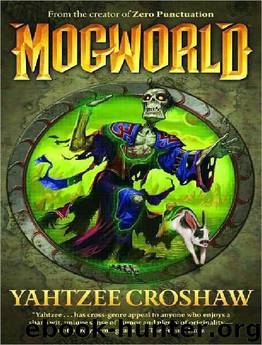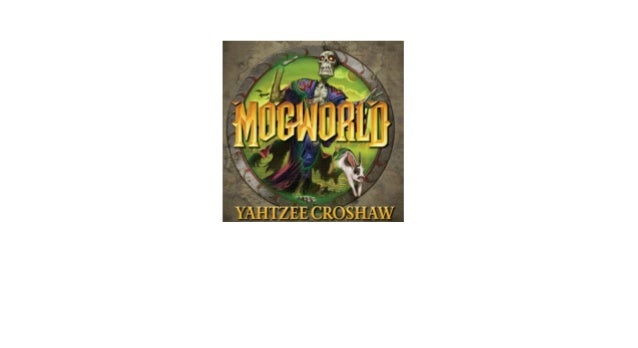

When it comes to technology and warfare, scientists also have their role, and too often that role is overlooked or the scientists’ true intentions for the technology ignored. I would do what I knew best and write from the POV of a scientist. Ultimately, I decided I would not make my main character a member of the military. Pretending to be in-the-know when I was an obvious outsider would have been problematic for multiple reasons. Most of the other contributors had a military background. And then there was the matter of representation. This gave me a start, though I still had no military experience to draw from, and there is only so much research I could do to make my main character sound genuine. That lead me down a rabbit hole of researching the first military experiments with fast reactors, especially in cold and isolated environments. I had to look this up because apparently past Philip is smarter than I am. Past Philip had also suggested fast nuclear reactors for the energy and heat source. Past Philip had speculated how such a thing might be able to carve out entire under-ice facilities in a completely automated fashion. Perusing the file, I saw one idea that was little more than a couple sentences long, involving a square shaped probe capable of melting through Antarctic ice.
#MOGWORLD DOWNLOAD EPUB FULL#
After months of wondering what I was going to write, I remembered that I had an entire folder on my laptop full of story ideas. There was too little in the way of robotics, and at least two other authors were quicker to claim Earth orbit for their story setting. But I didn’t end up going with these stories. Another idea involved small, crewed satellites/shuttles designed to drop into combat locations in a matter of minutes. So the fact that Baen wanted hard military sci-fi gave me hope for the subgenre.Īt first, I toyed with the idea of setting my story in orbit, in a revolving space station that allowed troops to drop down levels incrementally to experience greater and greater gravity, increasing their muscle mass and endurance for the duration of their training. “If we all ignore it,” they said to one another telepathically, “we can continue to misrepresent reality to the detriment of our readers and for the totally misguided notion that lack of scientific accuracy improves the plot and narrative.” I have it on good authority that these were the exact telepathic words used. See my post on the Science of Space Warfare. At some point in the history of military sci-fi, most of its authors must have collectively decided to ignore pesky things like physics and biology. Still, I reveled in the challenge of firming up a stereotypically soft science fiction genre. Having never served in the military, unlike most of the other contributors, I knew I had a lot of research to do.

The story also had to be a military sci-fi focused on robotics and other technologies that would be used in the future of warfare. I was asked to provide a hard sci-fi story set in the near future on Earth or in orbit. I spent 11 of those 12 months tossing ideas around in my head and the last month actually writing the thing.

The pace of traditional publication being what it is, the final draft of the story was due in the Spring of 2021 with publication slated for 2022. Stephen Lawson, the editor, reached out to me back in the Spring of 2020 and asked me to be a contributor alongside well-known, bestselling, and award-winning authors like David Drake, Richard Fox, Weston Ochse, and Martin L. In more recent news, my novelette “Operation Meltwater” is being published on June 7 th, 2022, by Baen Books in the anthology ROBOSOLDIERS: THANK YOU FOR YOUR SERVOS. I’ve since written 1/3 of the second book in the series, though I’m still debating where and how I want it to end. I spent the last couple years completing the edits of my book UPENDED, and I am in the process of trying to get it published. I haven’t shared any writing updates the past couple years, so consider this proof that I haven’t been completely idle.


 0 kommentar(er)
0 kommentar(er)
